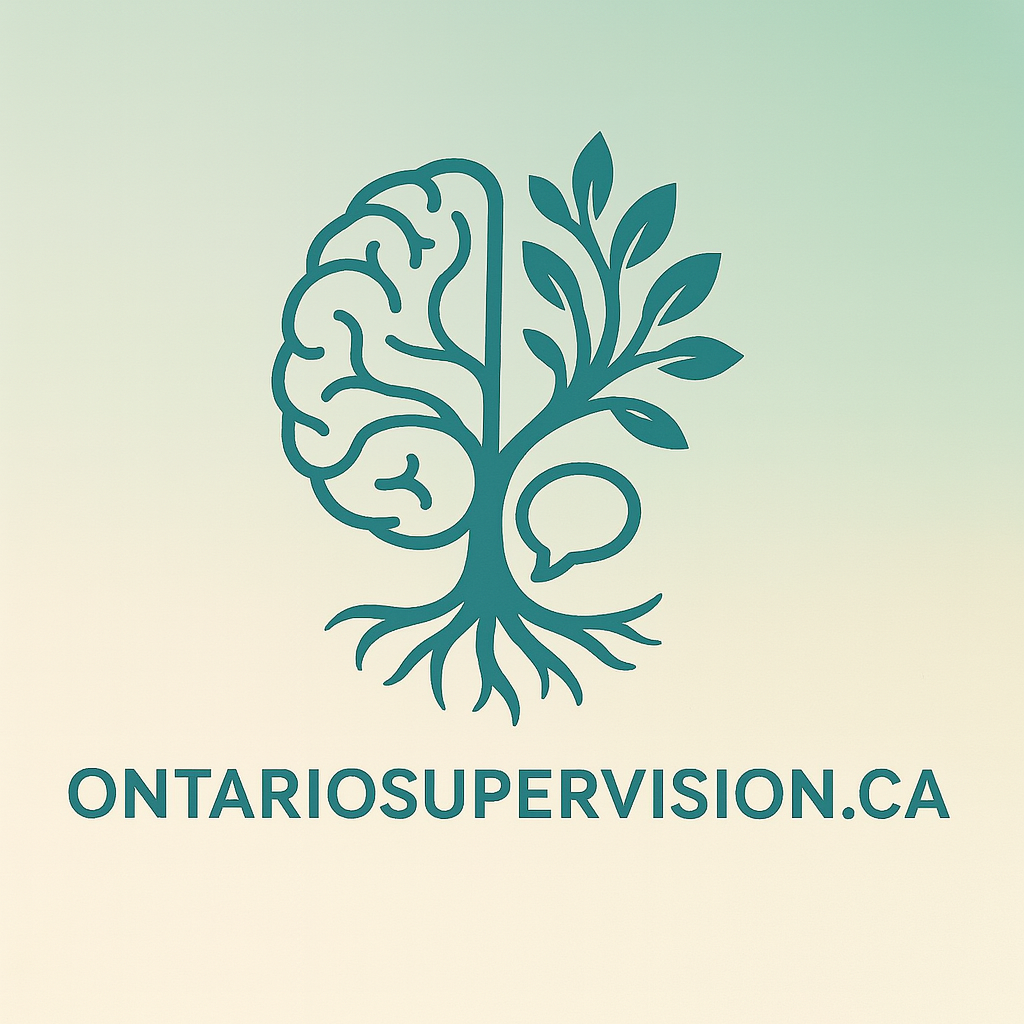The Invisible Pandemic: Homelessness in Canada Post-COVID-19
Introduction
In the wake of the COVID-19 pandemic, Canada faces a new crisis: a surge in homelessness. While the pandemic has left no community untouched, its aftermath has exacerbated existing vulnerabilities, leading to a significant increase in the number of people without stable housing. This post aims to shed light on this pressing issue, focusing on the rise in rents, food prices, and job losses that have contributed to this new epidemic. As therapists, many of whom are engaged in clinical supervision in Ontario and are registered with CRPO, it is crucial to understand the complexities surrounding homelessness, especially as it relates to mental health and addiction.
Skyrocketing Costs
The pandemic has led to an unprecedented rise in the cost of living. Rents have soared, making it increasingly difficult for individuals and families to maintain stable housing. Food prices have also escalated, leaving many to choose between paying rent and buying groceries.
Job Losses
The economic downturn has resulted in widespread job losses, further pushing people into precarious living conditions. Those who were already struggling pre-pandemic found themselves unable to cope with the added financial strain.
Small Towns, Big Problems
Interestingly, the issue of homelessness is no longer confined to big cities. Small towns, which previously had minimal or no visible homelessness, are now grappling with this issue. The pandemic has blurred the lines between urban and rural vulnerabilities.
The Mental Health and Addiction Crisis
As therapists, it is essential to recognize that homelessness is not just a housing issue but also a mental health and addiction issue. Many individuals living rough struggle with mental health disorders and substance use, often exacerbated by the lack of stable housing. The importance of wrap-around supports cannot be overstated. However, the challenge lies in keeping homeless individuals housed long enough for these supports to make a
What Can Be Done?
As therapists, our role extends beyond the four walls of our practice. Offering CRPO clinical supervision can be a way to equip new therapists with the skills needed to address these complex issues. Additionally, volunteering at local shelters and advocating for affordable housing can make a tangible difference.
Societal Measures
As a society, we must push for more affordable housing options and better social safety nets. Public awareness campaigns can also play a significant role in reducing the stigma associated with homelessness.
Governmental Initiatives
Policy changes are crucial. Governments must invest in affordable housing and mental health services. Wrap-around supports, such as job training, addiction treatment, and mental health services, should be integrated into housing initiatives to ensure long-term success.
The increase in homelessness in Canada post-COVID-19 is a multi-faceted issue that requires a multi-pronged approach. As professionals engaged in clinical supervision in Ontario, we have a unique vantage point to influence change, both at the micro and macro levels. Let us use our skills and platforms to advocate for those who have lost so much and inspire action that leads to meaningful change.
Let this be a call to action for all therapists. Our empathy, skills, and advocacy can make a world of difference in addressing this unseen epidemic. Together, we can be part of the solution.
